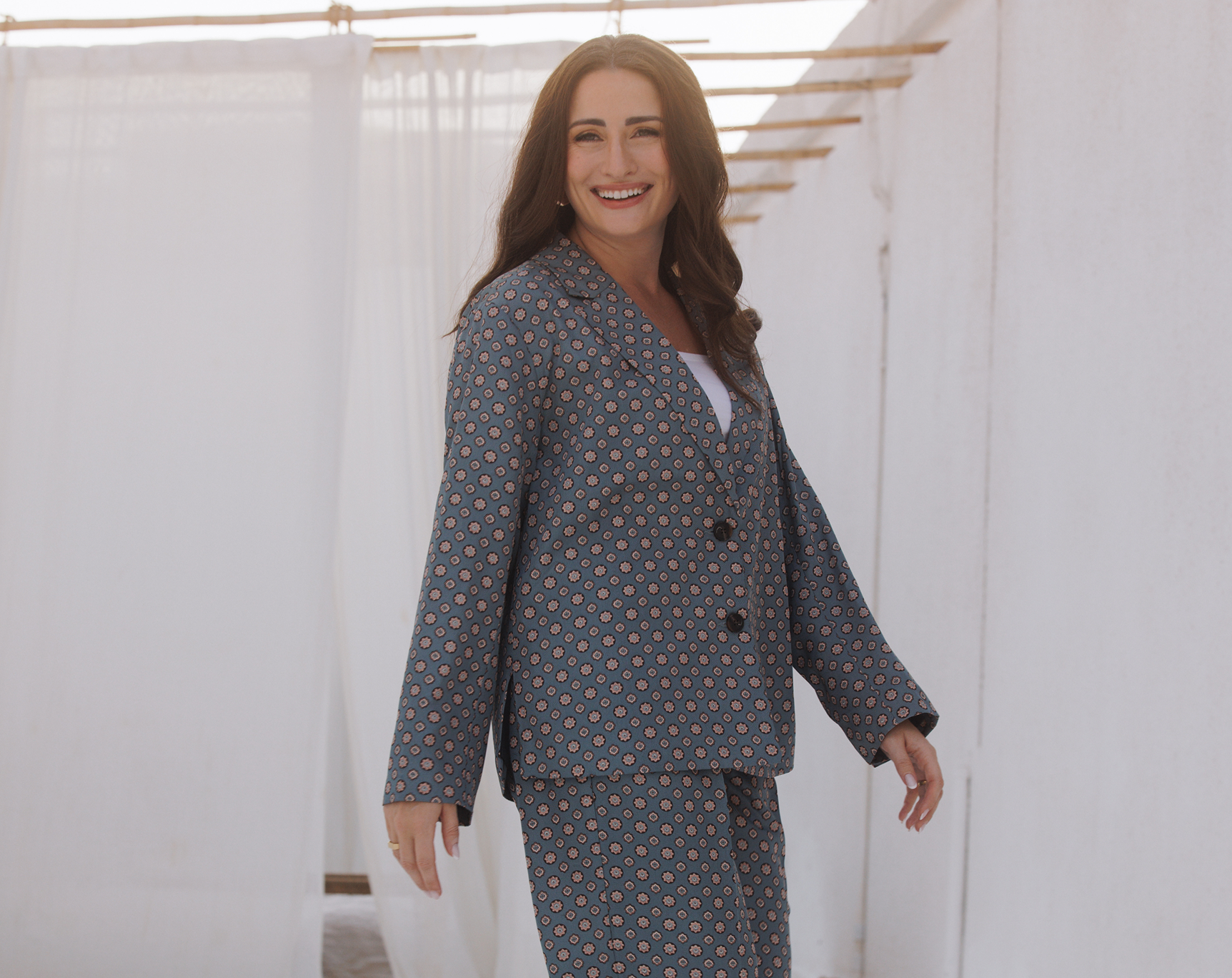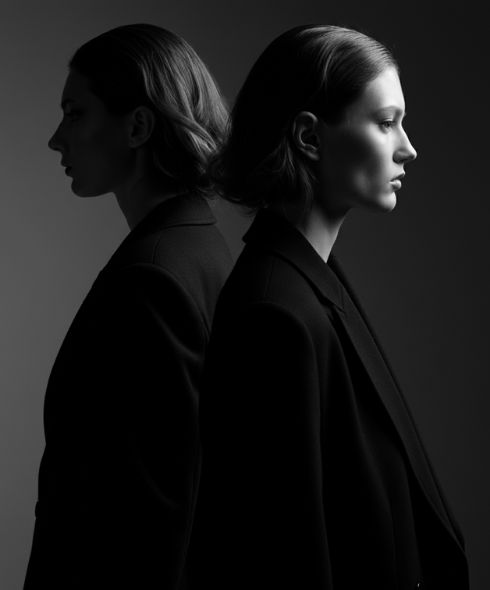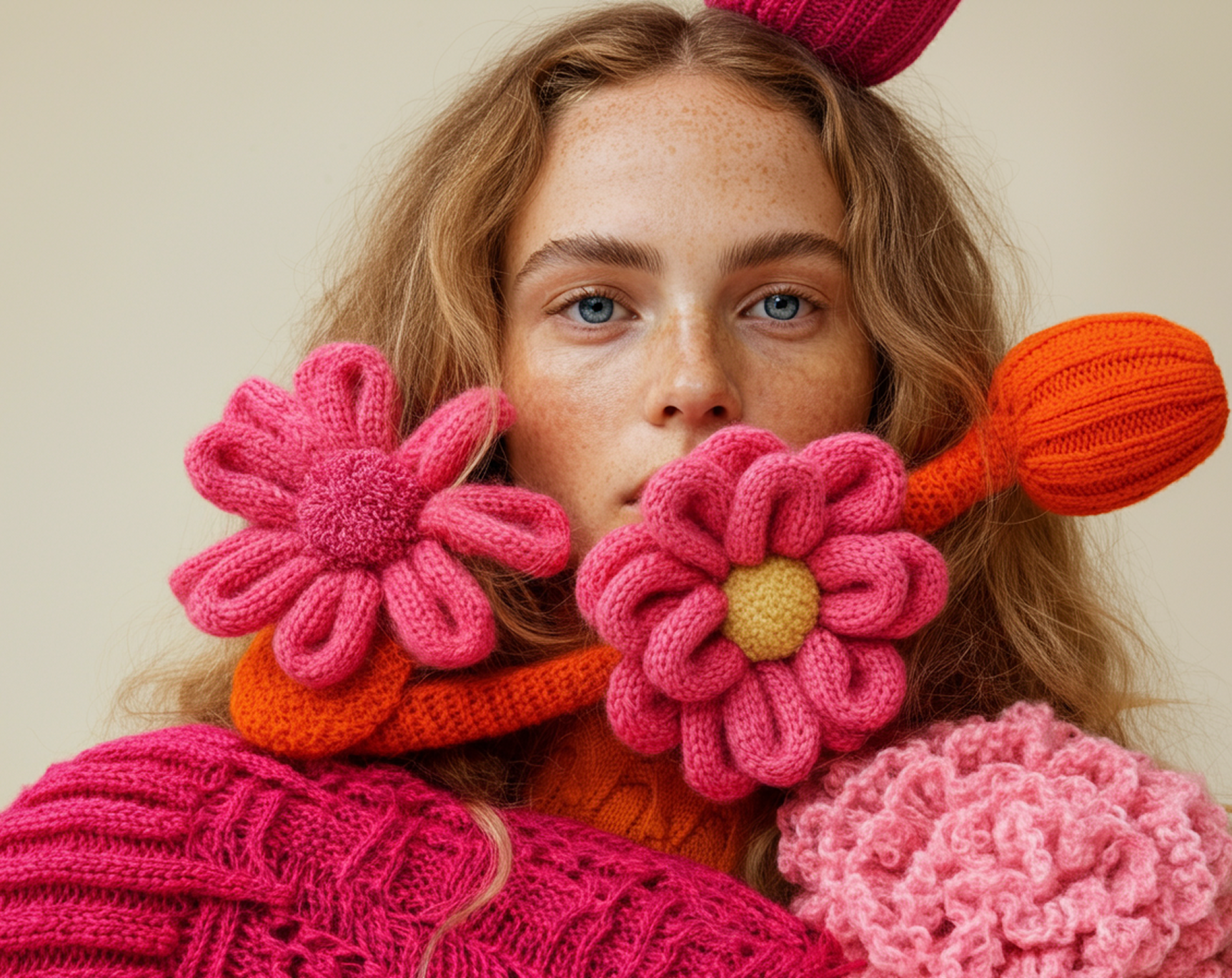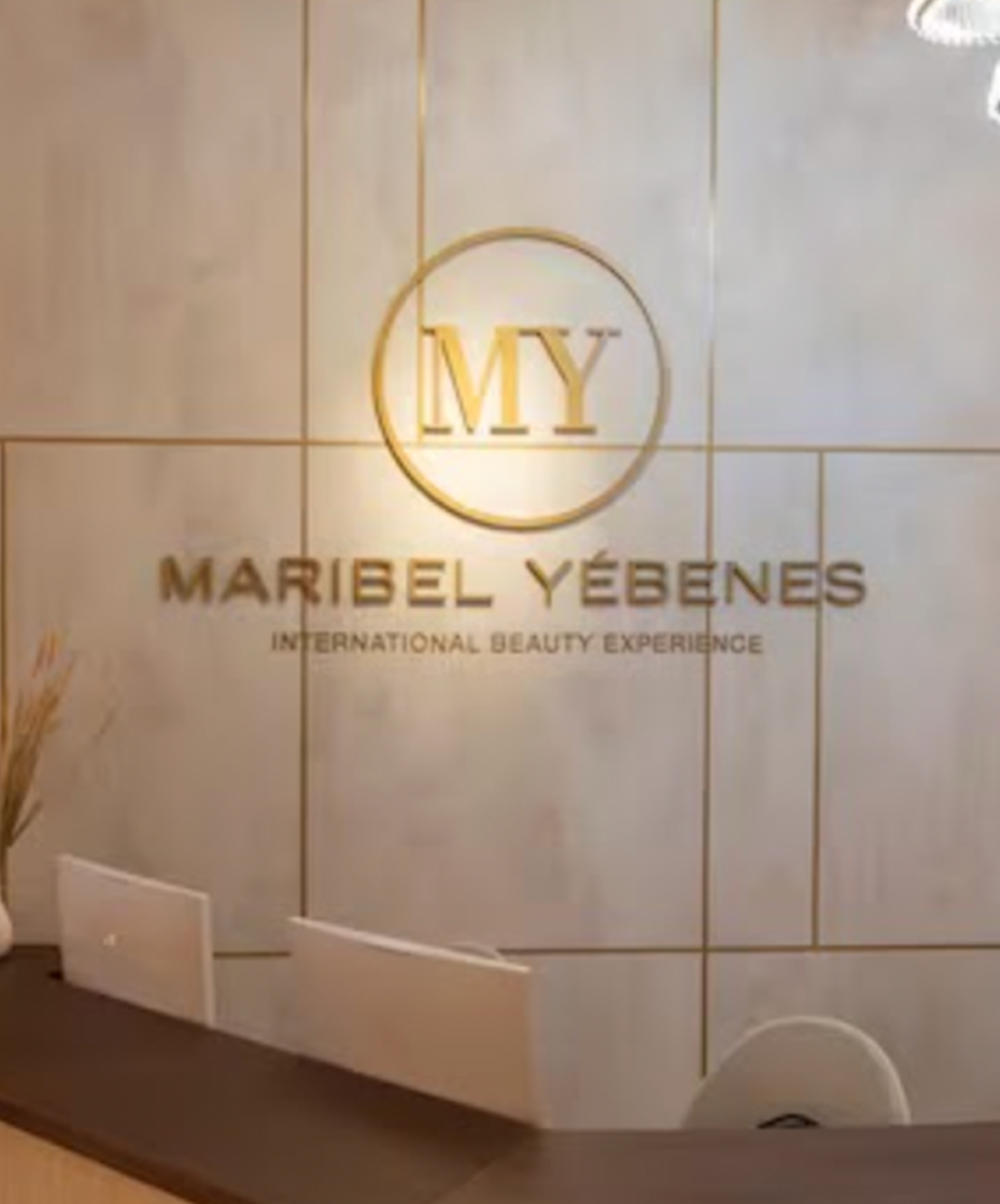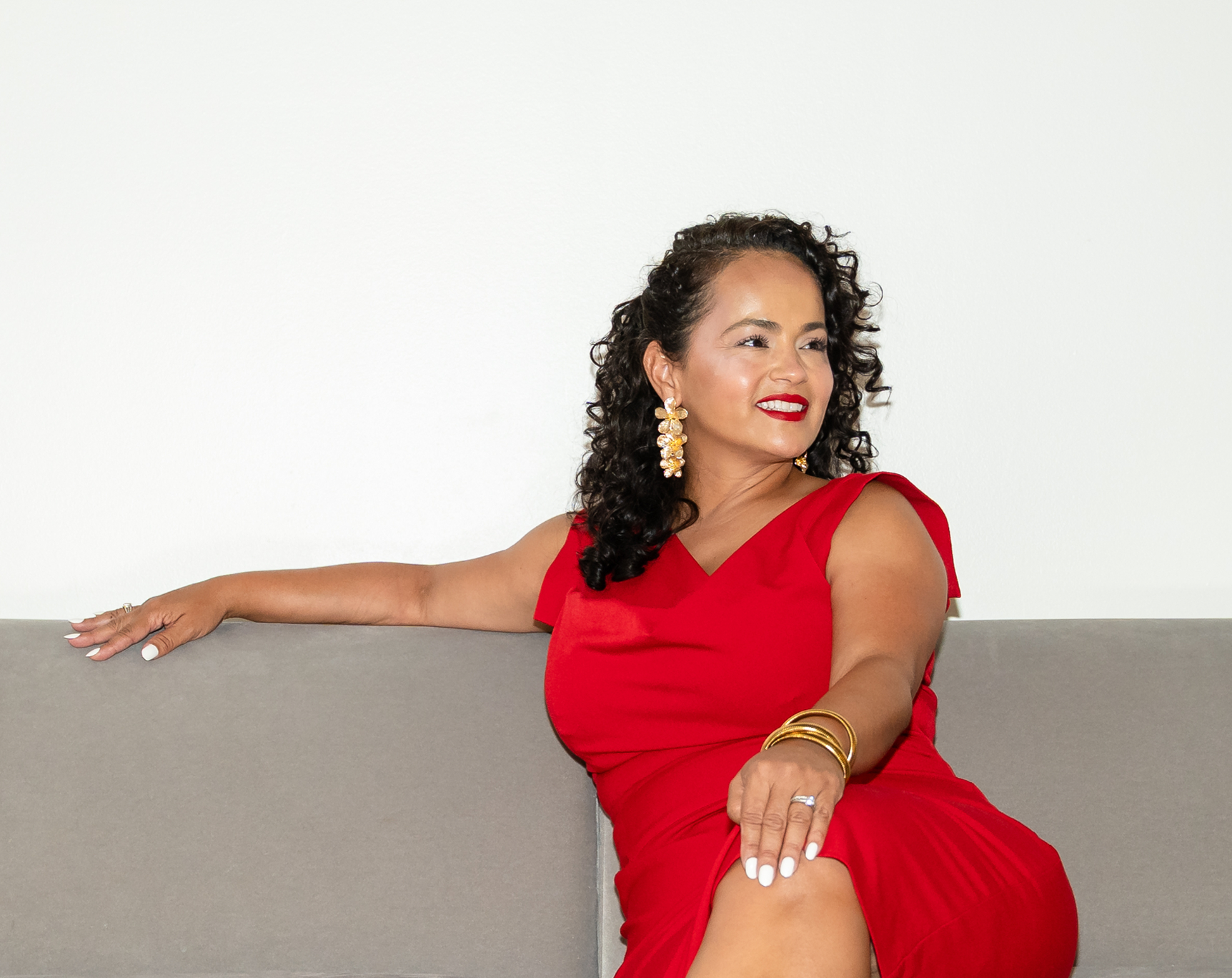From Vogue Arabia and Harper’s Bazaar to The Beautilist, Alexandra Venison is reshaping beauty into something far beyond aesthetics: a language of ritual, memory, and resistance. In her hands, beauty stops shouting. It whispers.
When Alexandra Venison arrived in Dubai at the age of eleven, she didn’t yet know the city would become her compass. It wasn’t the dazzling metropolis it is today. It was quieter, more liminal—yet alive with possibility.
She learned the sacred weight of oud and bakhoor, the intimacy of rosewater, the ceremony of henna, the grounding of hammam rituals. Beauty wasn’t a trend. It was belonging. It was identity.
Years later, Venison would step into the polished hallways of Vogue Arabia, Savoir Flair, and Harper’s Bazaar Arabia, shaping beauty pages that sparkled with precision. And yet—something was missing. Too much gloss, not enough truth. Too much formula, too little intuition.
Beauty that doesn’t need permission
The Beautilist was her quiet rebellion. A platform not for consumption, but for reflection. Not a shopping list, but a sanctuary.
“In a world that glorifies hustle, choosing ritual, choosing slowness—that’s radical to me.”
One of her first initiatives was Makeup-Free Mondays. Someone told her, “You can’t be a beauty editor without makeup.” She didn’t argue. She simply understood that resistance could be tender. And in that refusal, something entirely new began.
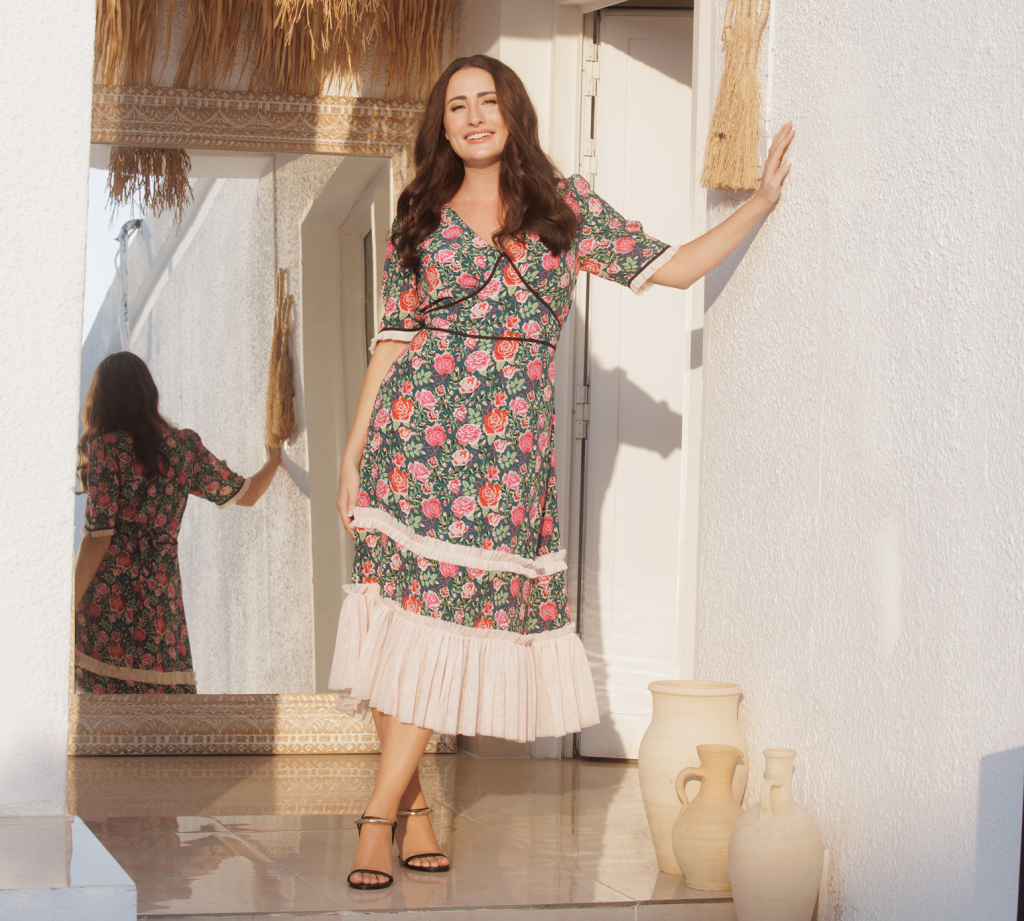
The body as memory
Beyond publishing, Venison trained in hypnotherapy, meditation, and somatic practices. But her true revelation came from what the body itself reveals.
“You can’t mask trauma with a glow serum. Beauty lives in the nervous system.”
Radiance, in her language, is not surface. It’s a softened voice. A relaxed breath. Shoulders no longer carrying the weight of performance.
Against wellness as performance
Venison does not hesitate when asked about wellness culture today.
“Sometimes, wellness feels like another job. Optimise your mornings. Do the red light. Dry brush. Meditate. Glow—but make it look effortless, all before 9 a.m. It’s exhausting. And cruel.”
Her platform makes space for the women often erased from glossy narratives: those living with chronic pain, fertility heartbreak, burnout, trauma. Those for whom surviving the day is already radical enough.
“Wellness,” she insists, “must be inclusive. Gentle. Human.”
The untold story
There is one story Venison feels hasn’t been fully told: postpartum beauty.
“Not as empowerment or aesthetic, but as the brutal, cellular transformation it really is.”
Though she isn’t a mother yet, she has witnessed friends walk through it—often in silence, often without the tribe they deserve. “That loneliness is also a violence,” she says softly.
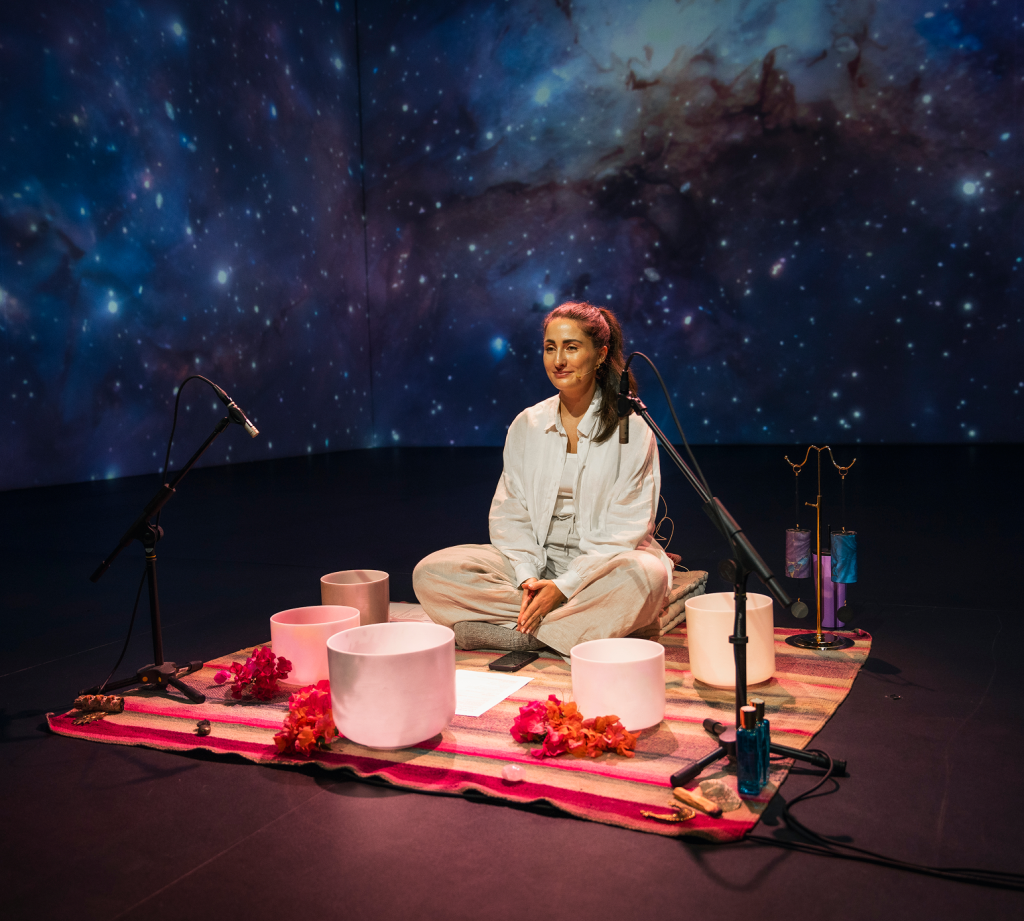
Intuition as research
Editorial formulas never convinced her. More glitter. More glamour. More speed. She chose something else: resonance.
“Intuition is research. It tells me what people are craving even before they can say it.”
Sometimes, she ignores trending keywords to follow a quiet pull. That instinct has become her editorial compass.
When beauty whispers
If beauty were a whisper, Venison would define it like this:
“It’s the moment a woman stops performing. When she finally drops the armor. That’s when beauty is loudest—precisely because it no longer needs to be seen.”
And if nothing else of hers remained—not even the words—this is what she would want to leave behind:
“The feeling of being safe, seen, and enough. That is beauty’s most sacred legacy. A tenderness that asks nothing in return.”
